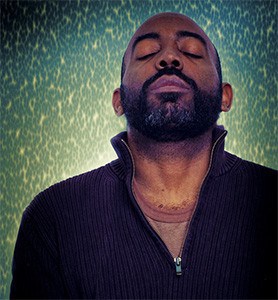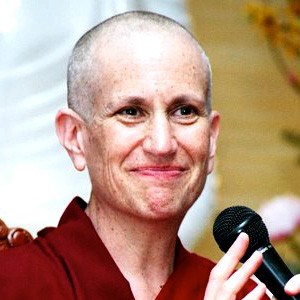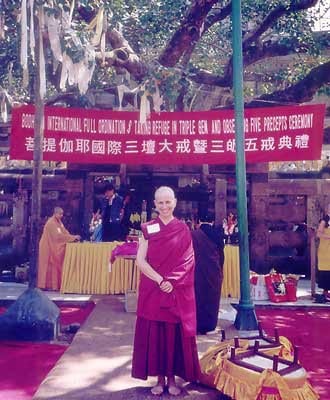What brings happiness
By B. S.

A discussion of “non-negotiables”—the things we’re very attached to and we feel we’re not ready to give up—during the Vajrasattva retreat in 2005 brought this response.
What are our needs and what are our wants and desires? “I” used to be a non-negotiable. I had enclosed myself in a box of wants, instant gratification, and attachment. Coming to prison and having everything that I wanted taken away really forced me to have some humility. I had the house, nice car, etc. It was all useless. I don’t have them now, but I have found a great level of happiness within myself, which through time I have found is the only place true happiness can reside. I can’t base my happiness on other people, a house, job, or recreational activities, though I believe all of those can be an extension of the self to an extent.
Basing my happiness on external stimuli and circumstances is basically what led me to prison. What I wanted was never enough. Three houses, two wives, and everything I had out there wasn’t enough. Now I have my practice, a job, people such as you, Jack, Nerea, Dennis, Tony, but I don’t place the existence of my happiness on any of these. I love them all in the sense that I wish the best for the people and things I care about, not in the sense of being attached and clinging to them.
Previously, “love” meant I was attached to people and things and didn’t want to lose them. But the only thing I’ve ever had are my thoughts and spirit. Freedom is being free of attachment and non-negotiables, at least for me. I’m not saying I’m free from attachment or samsara by any means, but through the practice I am on the path to enlightenment and the ultimate truth.
I, too, was born and raised Catholic and it was nice to read about so many of the retreatants coming from that background. Hearing all of the different views really helped me to understand more about myself, how I was, how I am, and why I continue to follow the path of the Dharma. Philosophy was my introduction to the Dharma and the words of the Buddha, and through the words of the sutras I continue to learn. I have three more years until I am eligible for parole and my greatest aspirations are to free myself from as much attachment as possible, to know my mind and how it works, and to realize bodhichitta.
Bo’s honesty will help him on the path. Knowing the self is the beginning. Every thought leading to possible action is either helping me follow my spiritual path, helping me to be a person that can help others and stay out of prison, or entrapping me in attachment and setting myself up to come back to prison. It’s actually quite simple. When I get out, I want to meet a Lama, receive teachings, and continue with my college education in counseling, but I know that life is indeterminate. As stated in the question-and-answer session, death is the only thing that we “have to” do that is mandatory. As long as we have questions, we will seek to find the answers.
Incarcerated people
Many incarcerated people from all over the United States correspond with Venerable Thubten Chodron and monastics from Sravasti Abbey. They offer great insights into how they are applying the Dharma and striving to be of benefit to themselves and others in even the most difficult of situations.


